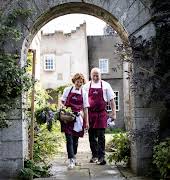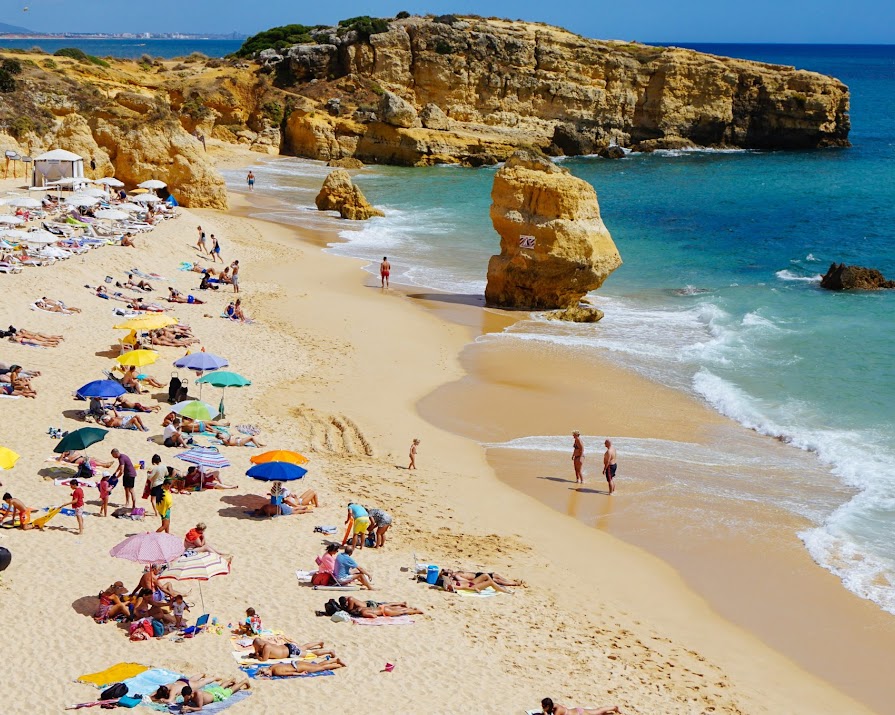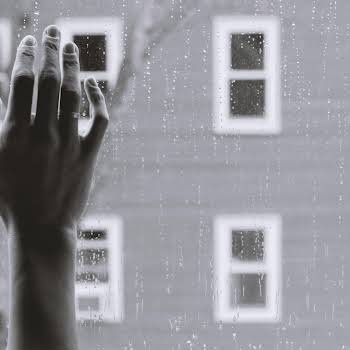
Thinking of travelling abroad? Here’s everything you need to consider before you embark
By Megan Burns
25th Jun 2020
25th Jun 2020
Although more people are booking flights for later in the summer, any holiday we take this year won’t be entirely normal.
Foreign travel restrictions will ease from July 9th, said Leo Varadkar during a news conference last night.
A ‘green list’ of countries that people can travel to without having to undergo a 14-day quarantine period afterwards will be compiled.
The list has not yet been drawn up, however Varadkar confirmed that it is unlikely it will include Britain if current trends continue.
“If a country ends up having a second wave, they may be taken off the list,” he added.
So what does this mean for holiday-makers?
Maybe you’re increasingly tempted by the offers of cheap flights that have been landing in your inbox. “Europe is open” they promise us. “Deals for August breaks” sound like just what we need after months staying at home. What would feel better than escaping to the sun?
If you’re considering, or have already booked a trip abroad this summer for when travel restrictions are lifted, it’s important to remember that you won’t be able to ‘escape’ coronavirus restrictions, and you should plan your trip accordingly.
It’s also important to remember that Irish authorities advise against all non-essential travel overseas until July 9th.
Will I need to quarantine?
Before you choose a destination, check whether you will have to quarantine upon arrival or show a negative test for coronavirus in order to enter the country. Some countries will also collect details of incoming travellers for contact tracing purposes.
Going to the airport
When you’re heading off for your trip, keep in mind that airports are currently working at a reduced capacity. This means some businesses there may not be open, so you might not be able to pop into Boots to buy sun cream, or be able to buy breakfast before you board.
Dublin airport is asking all passengers to wear masks in the airport, and anyone who is not travelling will not be permitted into the airport building. It will be hard to predict wait times at security as queues have to be socially distanced, so it’s a good idea to leave yourself plenty of time.
On board the plane
Some airlines are asking passengers to wear masks onboard, and most airlines are not serving food and drinks on aeroplanes at the moment, so bear in mind that you’ll have to bring your own.
Before you arrive
Check what local rules around things like mask-wearing are — some countries are stricter about this than others. It’s also a good idea to check what businesses will and will not be open. While things like restaurants will be open in most places, any attractions that you plan to see might not be, so do some research.
Public transport may be running at reduced capacity in the area you’re travelling to, so be aware that you may not be able to rely on it to get around, and see what your other options are.
Where you’re staying
If you are staying at a hotel, check whether things like restaurants and pools will be open, as many hotels are not reopening communal facilities like these yet.
Here are the the travel restrictions of some of the most popular summer holiday destinations:
Cyprus – Ireland is in a group of countries from which travellers to Cyprus have to show a negative Covid-19 test. If they cannot get one before they travel, they can get one upon arrival at a cost of around €60, and quarantine until they receive their results.
A Covid-19 traveller declaration is also required before boarding. This can be filled out online or at airport check-in.
Croatia – Although travellers from some countries can enter freely, Irish tourists will have to show proof of booked accommodation for the duration of their trip, and details will be collected for contact tracing.
France – France lifted restrictions to European travellers on June 15, so people arriving from most EU countries, including Ireland, do not have to quarantine or show a Covid-19 test.
Greece – Ireland is not on a list of countries that Greece is preventing travellers from, and so Irish tourists will not have to quarantine. However, Covid-19 tests will randomly be carried out at airports.
Italy – EU residents can travel freely to Italy, providing they were not outside the EU in the 14 days before they arrive.
Portugal – Portugal is allowing foreign visitors, so Irish tourists can travel there. The country is however barring direct flights from Spain or Italy until July, so you won’t be able to travel to one of these countries and then on to Portugal.
Spain – Everyone travelling to Spain until June 29 has been asked to quarantine for two weeks, but this restriction will soon be lifted. Anyone visiting the Canary Islands is asked to provide a negative Covid-19 test, and if they cannot, they will be tested upon arrival.
When you return to Ireland
You will not be required to self-isolate if you travel to a country on the ‘green list’ after July 9th. However, if you travel to any country before July 9th or a country not on the green list after July 9th, you are expected to self-isolate for 14 days.
All travellers returning to Ireland are currently expected to fill in a form before they arrive in Ireland called the COVID-19 Passenger Locator Form. Failure to do so is an offence.
The form may be used by health authorities to contact you in order to verify your location in the country. It will also help contact tracers get in touch with you should someone on your flight or ferry be confirmed as having COVID-19.
You are not required to complete a COVID-19 Passenger Locator Form if you are an essential supply chain worker (that is, air and ship crew and hauliers) or if you are an accredited diplomat.
Featured image: Dan Gold via Unsplash
Read more: 5 best alternative Irish mini-break experiences to book right now
Read more: Why we should all be swimming in the Irish seas this summer
Read more: These countries are all offering travel incentives to get tourists back after lockdown























